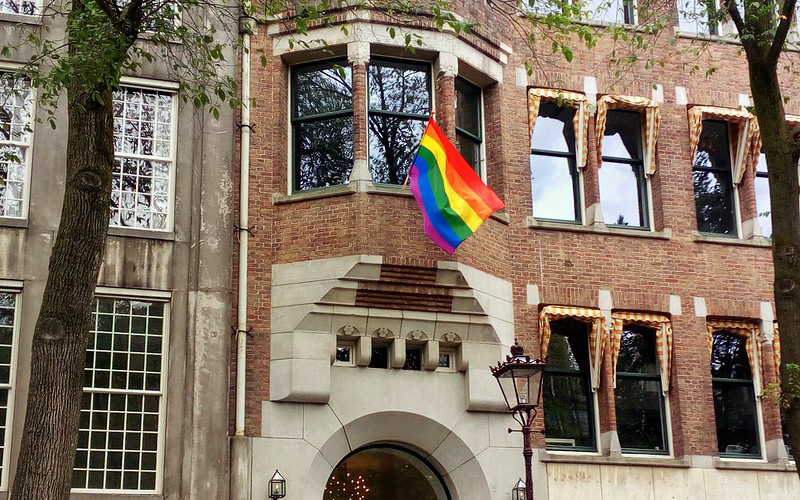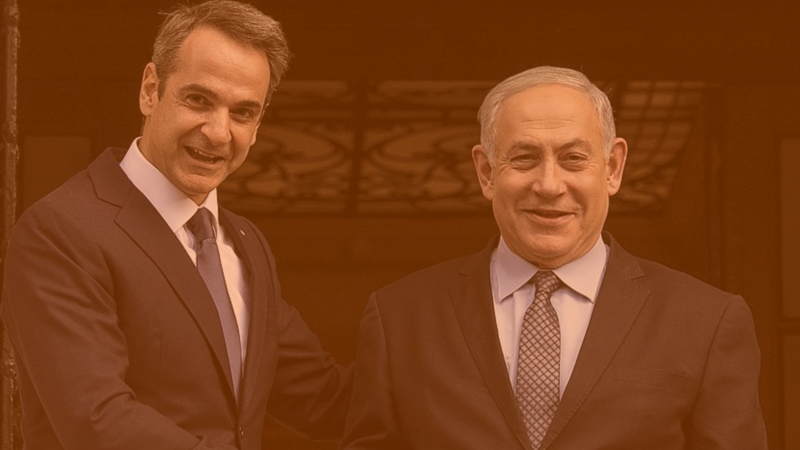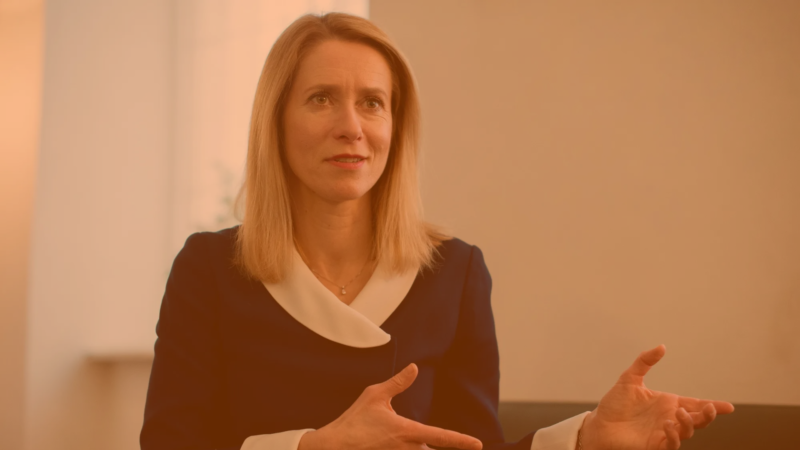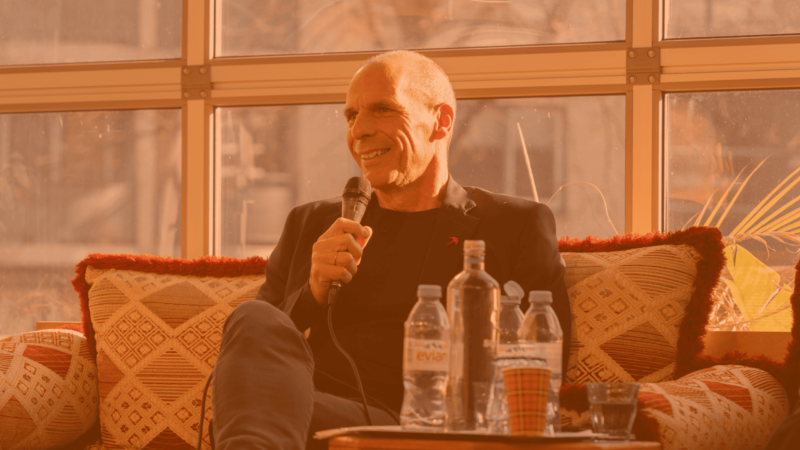The DiEM25 South Holland local group and the Feminism, Diversity, and Disabilities Task Force stand with LGBTQIA+ students.
The Dutch Minister of Primary and Secondary Education, Arie Slob, made a pronouncement during a parliamentary debate that schools had the “constitutional freedom” to deal with issues regarding religion and sexuality. Invoking the freedom of education and religion, he defended some Christian Reform schools that require parents or children to sign waivers rejecting homosexuality or “homosexual lifestyles” as long as they ensure a safe learning environment for students. But his statement goes against the freedom against discrimination which is also a first fundamental right, with many MPs asking how there could be a safe environment when such a waiver exists. Slob pulled back on his comment after coming under heavy criticism from other members of the House of Representatives, as well as on social media.
LGBTQIA+ rights group COC chairman Astrid Oosenbrug stated that:
“It is unacceptable for schools to propagate rejection of people for their sexual orientation, gender identity, gender expression or gender characteristics. Just as unacceptable as people reject because they are, for example, Black, Jewish or Muslim”.
MPs from various parties (PvdA, SP, GroenLinks) have submitted a proposal to tighten up the citizenship mandate for education for schools to not allow this rejection of LGBTQIA+ youth.
There has been an increase in discrimination against LGBTQIA+ youth in education.
The comment made by Slob aggravates the already difficult environment that LGBTQIA+ youth are experiencing, especially at school. According to a study by the Social and Cultural planning office, lesbian, gay, and bisexuals experienced an increase in discrimination in schools from 13% in 2013, to 25% in 2018. Oosenbrug adds that “gay” is the most commonly used swear word at school, with the LGBTQIA+ youth being bullied four times more often, leading to negative effects on their emotional and mental well-being. Furthermore, it is established that young adults who suffered from bullying during their childhood are more likely to have mental health problems.
Other examples include a number of Dutch Reformational schools that are said to have told students to reject homosexuality, as well as accord their appearance with “the distinction between man and woman laid in creation,” with 34 of them clearly stating in their school profiles their nonacceptance of the LGBTQIA+. Some Islamic primary schools were also criticized in 2019 for hostile teaching methods found in a school textbook that would convey punishment for being homosexual such as suffering, death, and being abhorred by Allah. The Dutch Muslim community has expressed their disapproval of such teaching methods highlighting that this is a wrong interpretation of Islam. It is important to note that other secular, and non-secular schools may also have concerns with LGBTQIA+ discrimination and that the two aforementioned schools are not the only ones dealing with the problem.
It isn’t a freedom of education and religion issue, but rather an issue of fundamental human rights.
The DiEM25 South Holland 1 DSC and DiEM25 Feminism, Diversity, and Disabilities Task Force strongly condemn the statement made by Minister Slob, as well as those expressed by fundamentalists against the rights of students and children with regards to their sexual orientation and gender identity. Those remarks are against the first article of the Netherlands Constitution which asserts that all persons in the Netherlands are to be treated equally, and discrimination on the grounds of religion, belief, political opinion, race, sex, or on any other reason shall not be permitted.
Hiding behind freedom of education, religion and even expression to further prejudice vulnerable groups such as the LGBTQIA+ youth infringes on their fundamental human rights.
A person’s sexual orientation or gender identity should never be held against themselves, their family, or their community. Even if schools have the freedom to develop an education system according to their religious or other beliefs, they are still legally bound by Dutch laws to provide a safe space for every child regardless of their sexual orientation, gender identity, race, or beliefs.
The promotion of human rights and children’s rights — especially that of the LGBTQIA+ youth — should be improved through better laws that protect and empower them physically, socially, emotionally, and mentally. Schools, as an institution, have a responsibility to uphold the fundamental values of Dutch society — freedom, equality, and solidarity.
Article written by South Holland DSC 1 in collaboration with DiEM25’s Taskforce for Feminism, Diversity, and Disabilities.
Photo Source: Kevin Jasini on Flickr.
Do you want to be informed of DiEM25's actions? Sign up here















